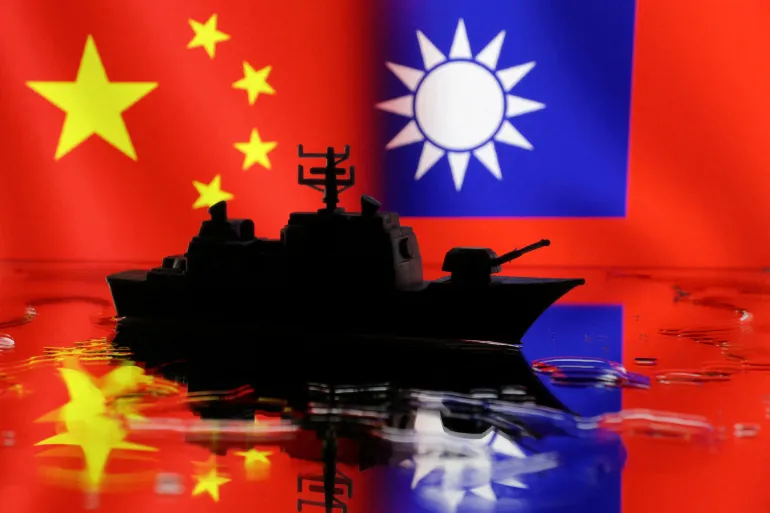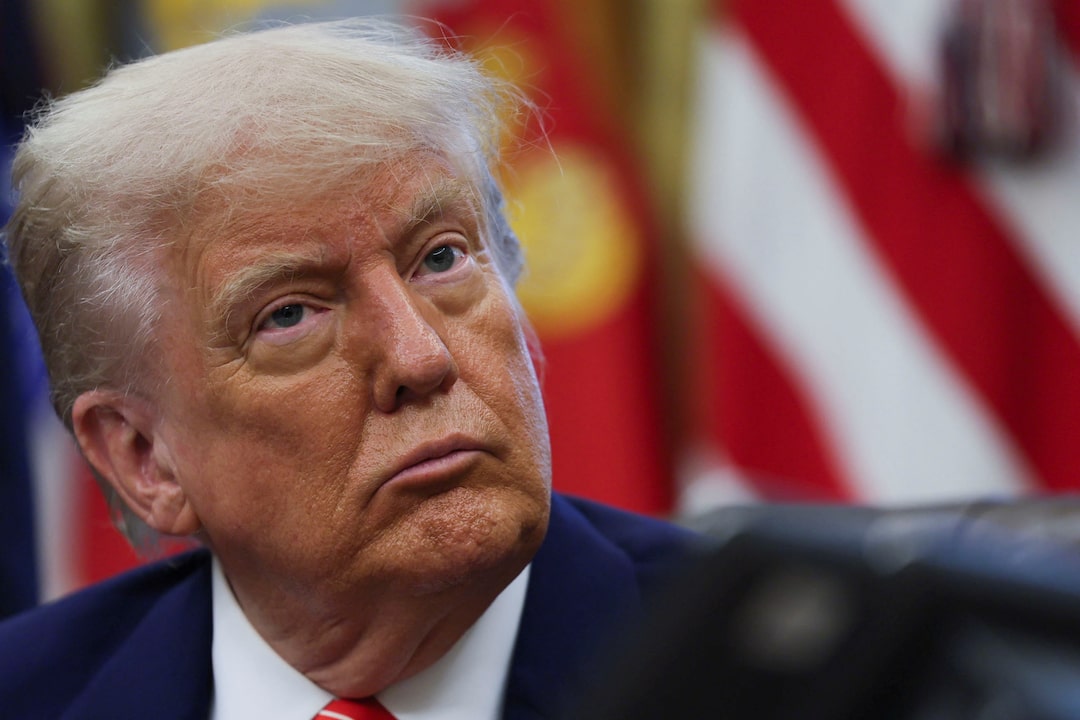China has delivered a sharp warning to the United States, urging it to cease its activities around Taiwan and not to “play with fire,” as tensions continue to rise over the island’s political status and U.S. military support. The warning follows recent U.S. naval operations and arms sales to Taiwan, which Beijing sees as a violation of its sovereignty.
The Chinese Ministry of Foreign Affairs released a strongly worded statement on Sunday, accusing the U.S. of “malicious interference” and “provocative actions” in the Taiwan Strait. It reiterated that Taiwan is an inalienable part of China and any move to support its independence could lead to “serious consequences.”
“The United States must immediately stop all official contact with Taiwan, cease arms sales, and refrain from sending any false signals to separatist forces,” the ministry said. “Playing with fire over Taiwan will only result in igniting a greater blaze that the U.S. cannot control.”
This warning came shortly after a U.S. Navy warship sailed through the Taiwan Strait in what the Pentagon described as a routine freedom of navigation operation. The Chinese military denounced the move as a deliberate provocation, stating that its forces monitored and shadowed the vessel throughout its transit.
Chinese military spokesperson Senior Colonel Zhang Xiaogang of the People’s Liberation Army (PLA) said the U.S. actions “seriously violate the One China principle and endanger peace and stability in the Taiwan Strait.” He added that the PLA would remain on high alert and take “all necessary measures to safeguard national sovereignty and territorial integrity.”
Tensions between Beijing and Washington have escalated steadily in recent years, particularly over Taiwan. The U.S. maintains a policy of strategic ambiguity but continues to sell arms to Taipei and send military delegations, drawing Beijing’s ire.
In response to the latest developments, Taiwan’s Foreign Ministry issued a brief statement expressing gratitude to the U.S. for its continued support and reaffirmed its commitment to democracy and regional peace.
China’s latest warning also coincides with reports that the U.S. may soon approve another arms package to Taiwan, including air defense systems and drones. Analysts view this as part of Washington’s efforts to bolster Taiwan’s self-defense capabilities in the face of growing Chinese military pressure.
U.S. President Donald Trump, who recently began his second term, has taken a more assertive approach on China, frequently criticizing Beijing on trade, technology, and military expansion. His administration has not commented directly on the latest warning but has previously emphasized the need to ensure freedom of navigation in the Indo-Pacific region.
The situation is further complicated by the upcoming Taiwanese elections, where Beijing has accused Washington of trying to influence the outcome by showing support for the current pro-independence administration.
International reactions have varied, with Japan and several European countries urging both sides to exercise restraint. United Nations Secretary-General António Guterres called for “diplomatic engagement” and respect for international norms to prevent any escalation.
Experts warn that continued military maneuvers, rhetorical escalation, and political posturing could lead to accidental clashes or miscalculations in the Taiwan Strait, one of the most sensitive flashpoints in East Asia.
China considers reunification with Taiwan a core national goal, by force if necessary. The U.S., while officially recognizing the One China policy, maintains unofficial relations with Taipei and is bound by the Taiwan Relations Act to assist in its defense.
As diplomatic exchanges grow more hostile, the prospect of de-escalation remains uncertain. For now, the region—and the world—watches closely as two superpowers navigate a tense standoff with potentially far-reaching consequences.
Source; Al Jazeera



